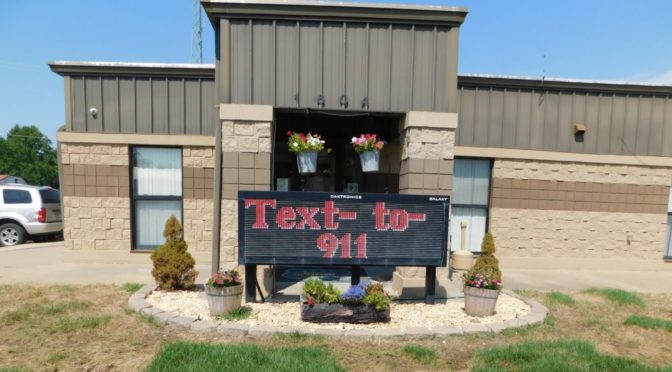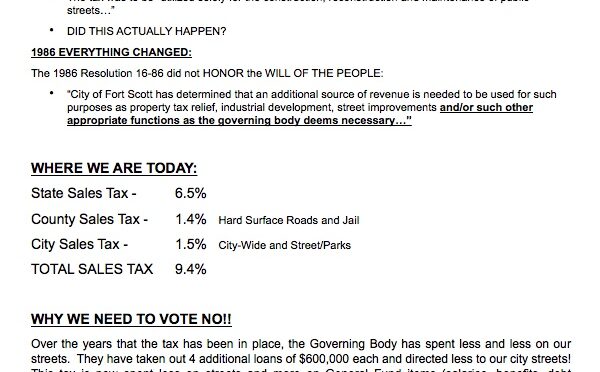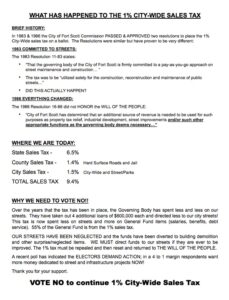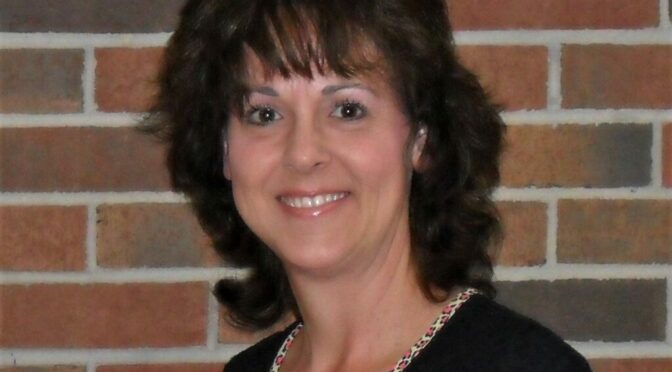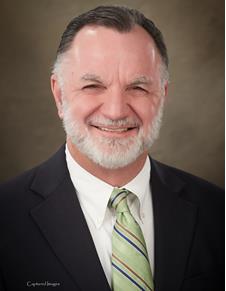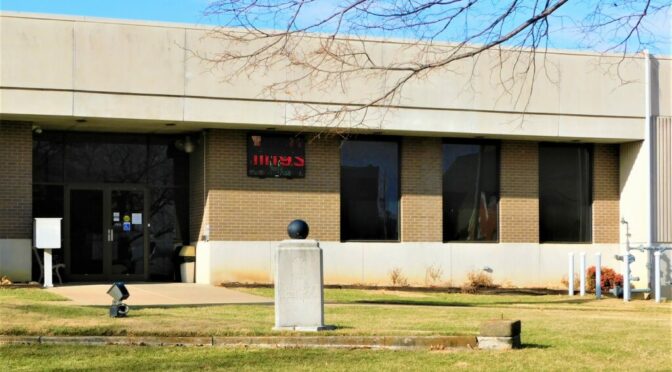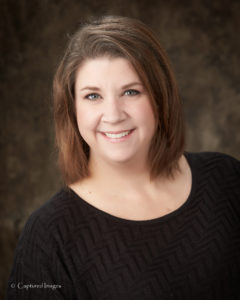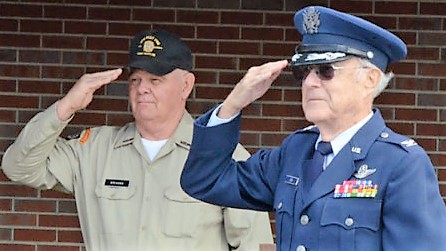Nationwide increase in fatal drug overdoses prompts education on treatment and naloxone
~Prevention and resources key to overdose prevention~
TOPEKA – In light of a nationwide fatal drug overdose trend, the Kansas Department of Health and Environment (KDHE) encourages awareness and education regarding drug overdose prevention in Kansas, including awareness of treatment resources and access to naloxone.
“Fatal drug overdoses have increased steadily for decades in both the U.S. and Kansas, and in 2020 there was an increase yet again,” Dr. Lee Norman, KDHE Secretary, said. “Beyond increased funding for mental health and substance use treatment, we must commit to working across all sectors – law enforcement, judicial, healthcare, religious, schools, and communities – to reverse this trend.”
Nationwide, between 2019 and 2020 there was a 30 percent increase in drug overdose fatalities with more than 90,000 reported. Drug overdose fatalities increased in Kansas by 24 percent, from 393 in 2019 to 477 in 2020. Of those 2020 numbers, 183 involved psychostimulants, such as methamphetamine, 161 involved synthetic opioids, such as fentanyl, and 71 involved prescription opioids. Overdose deaths involving any prescription or illicit opioid accounted for 53.2% of all fatal overdoses in 2020. It is of note that more than one drug can be involved in a fatal drug overdose, so these values are not mutually exclusive.
Fatal overdoses were significantly higher among males compared to females, at 63.9% and 36.1% of the total. Additionally, fatal overdoses were highest among age groups between 25 and 54, comprising 296 (62%) of all overdose deaths.
Kansas is following similar overdose death trends observed nationally during the COVID-19 pandemic. Synthetic opioid overdoses, primarily caused by fentanyl, have driven this surge in overdose deaths. This is largely attributed to increased availability, accessibility, and use of illegally manufactured fentanyl. Fentanyl is a powerful synthetic opioid that is often combined with other drugs, such as heroin and cocaine, or used as a standalone drug. Due to its potency, fentanyl-involved overdoses have a fast onset and can be difficult to reverse. In Kansas, synthetic opioid overdose deaths, mainly caused by fentanyl, increased by 130% from 2019 to 2020.
“Substance use disorders (SUDs) are extremely complex and the reasons for the increase may depend upon the individual and their own determinants (biological, psychological, social, spiritual),” Dr. Norman said. “What we do know is that there is a need for more substance use disorder and Behavioral resources in our state.”
Connecting individuals to SUD services is best practice for drug overdose prevention. Recovery from SUD is possible. Those in need of help can call Kansas’s SUD hotline at 866-645-8216 or visit findtreatment.gov to locate treatment services.
KDHE recommends that individuals who use substances and their support networks have naloxone and are trained in administration processes. Naloxone is a medication that reverses the effects of an opioid overdose. Kansas allows pharmacists to dispense naloxone to patients without a prescription pursuant to KAR 68-7-23. Visit ktracs.ks.gov/pharmacists/naloxone-dispensing to find a naloxone-dispensing pharmacy near you.
DCCCA, Inc. has a naloxone program which is funded by the Kansas Department of Aging and Disability Services (KDADS) through the State Opioid Response (SOR) grant. DCCCA has a limited supply of naloxone kits available for those who are unable to access it through a local pharmacy or other means. Additionally, DCCCA offers free naloxone training. Please visit dccca.org/naloxone-program for more information.
Please visit www.http://www.preventoverdoseks.org for resources, epidemiological data, and more information on Kansas’s efforts to prevent drug overdoses.
###
